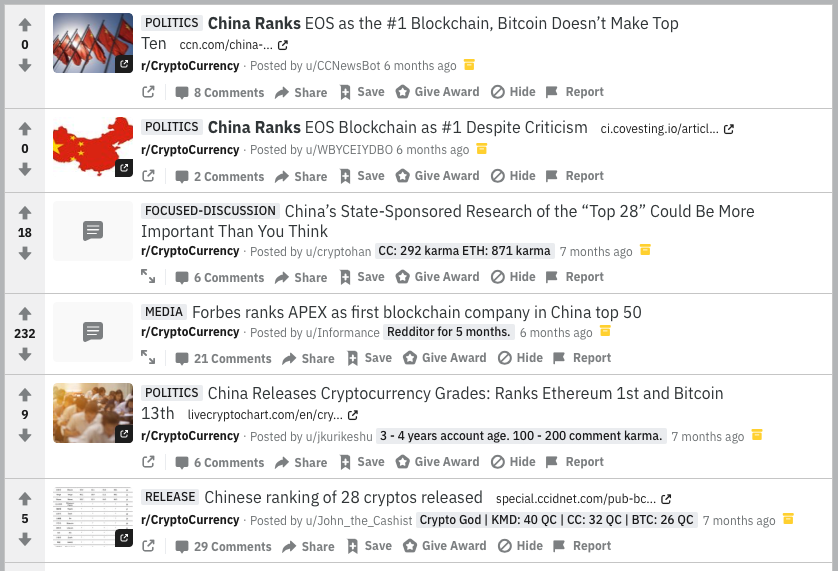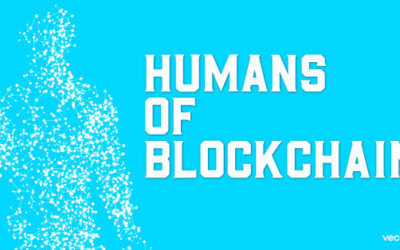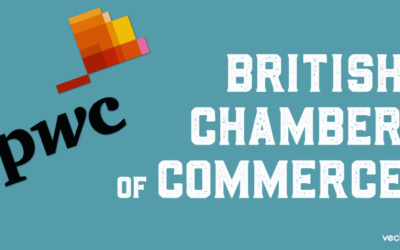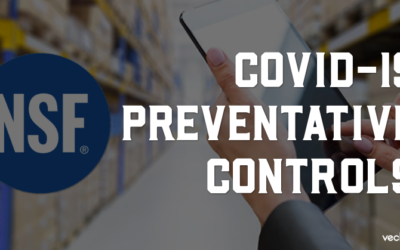For months, many people have been baffled by a ranked list of cryptocurrencies, with clickbait titles insinuating that the country is endorsing EOS as the top blockchain.

These titles make for great blog posts and tweets, but leave many people scratching their heads.

Why is a country with an active ban on ICOs and cryptocurrency exchanges endorsing one of the biggest ICO-funded coins in the industry?
The answer is pretty simple: It’s not. The ministry that oversees the Internet and other technologies is MIIT, or the Ministry of Industry and Information Technology (中华人民共和国工业和信息化部). The people behind the list are SaiDiWang, or CCIDNet, which while technically is an affiliate of MIIT, are overseeing the rankings as a private project.
Contacting CCIDNET
I contacted CCIDNet over the phone, and while they were very polite and knowledgeable, admitted to doing the project on their own as part of their internet consulting services. The title of their rankings translates roughly as “SaiDi Global Blockchain Technology Rankings” and includes an explanation that they are published by a SaiDi Blockchain Agency in Qingdao, China. I suspect that most of the confusion comes from overzealous non-Chinese speakers who are unable to distinguish between a third-party consultancy and an official government ministry.
I then asked why large marketcap projects like TRX and VeChain were unlisted, to which they replied that TRX would be ranked starting in January, and that VeChain had opted out of the rankings.
To me, this was a red flag. Why would a third-party ranking system seek permission of open-source projects before listing them? The speaker on the phone implied that VeChain was unconfident about where they would end up on the list, and didn’t want to hurt their brand image by a low score. While I may be biased, I do think that VeChain would score fairly high based on tech, applicability, and creativity, leaving this excuse as an implausible one.
Which leaves us with the possibility that VeChain felt the rankings were a waste of time, flawed, or refused to offer payment in exchange for a listing.
Appearing on Social Media
Searching around social media landed a few more bits of information.

The top two posts on a search titled “Does anyone understand SaiDi Consulting?” were basically people complaining about everything from the company having a “low” skill-level to annoying management. The conclusion seemed to be that working there would be useful for someone seeking to switch their household registration “hukou” (read more about that here) but provided few other professional benefits.
Conclusion
SaiDi Consulting makes these rankings as a service for their customers, but doesn’t pretend the rankings are endorsed by a government ministry. That three of Dan Larimer’s projects (EOS, Bitshares, Steemit) are in the top-ten should be enough evidence that the rankings are heavily biased. Since SaiDi Consulting reaches out to blockchains before including them on the list, I would be highly suspicious of soliciting bribes. SaiDi Consulting is free to make rankings as a service for their customers, but it is no more credible than if I made one myself.
Author’s Note: This is not meant to be financial advice. For more of my analysis on China’s blockchain regulation, click here.





